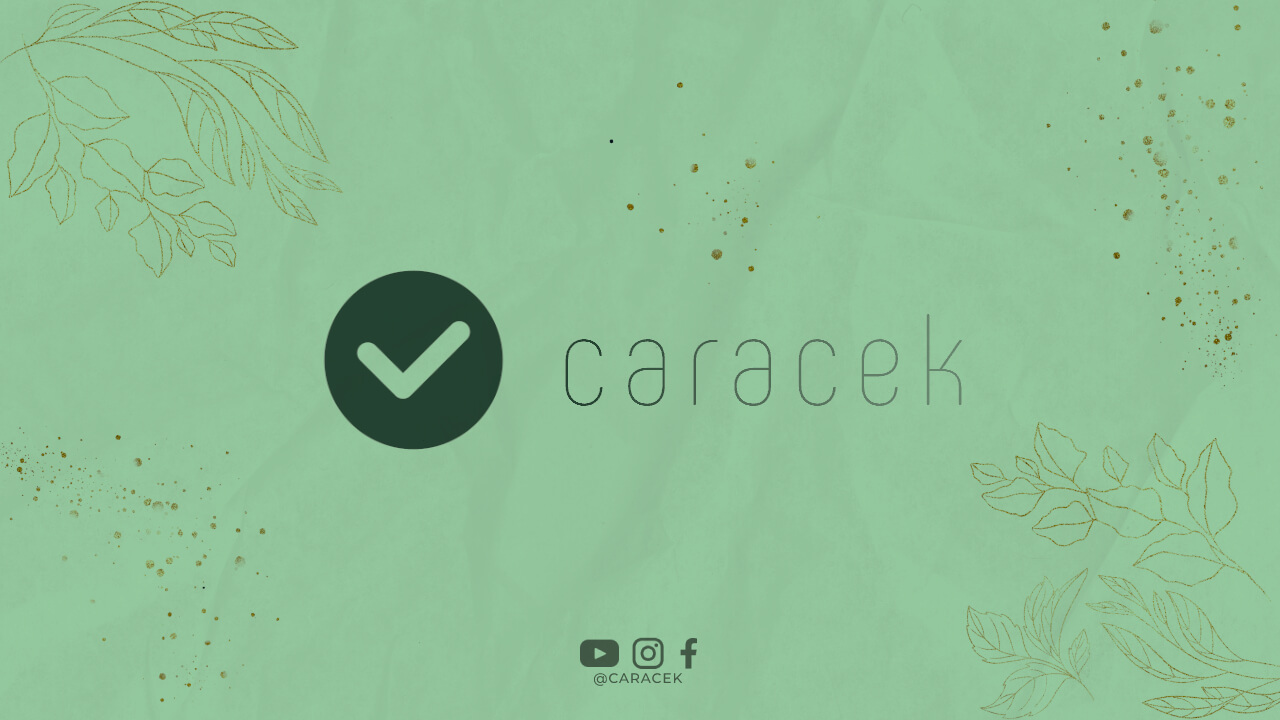Are you considering studying in Switzerland? Known for its top-notch education system and breathtaking landscapes, Switzerland attracts students from all across the globe. However, before embarking on this exciting journey, it is essential to understand the study cost in Switzerland. In this article, we will delve into the various expenses you may encounter while pursuing your education in this mesmerizing country.
Tuition Fees
Switzerland is renowned for its high-quality education, but it comes at a cost. Tuition fees vary depending on the university and the program of study. International students are typically required to pay higher tuition fees compared to domestic students. On average, undergraduate programs range from CHF 500 to CHF 2,000 per semester, while postgraduate programs can cost between CHF 1,000 and CHF 4,000 per semester.
Accommodation
Accommodation is another significant expense to consider. Swiss cities offer a diverse range of housing options, including university dormitories, shared apartments, and private studios. On-campus accommodation is often more affordable, with prices ranging from CHF 400 to CHF 800 per month. Renting a shared apartment can cost between CHF 600 and CHF 1,200 per month, while a private studio might set you back CHF 800 to CHF 1,500 per month.
Health Insurance
Health insurance is mandatory for all students in Switzerland. The cost of health insurance can vary depending on the provider and the coverage provided. On average, expect to pay around CHF 200 to CHF 400 per month for health insurance. It is crucial to factor this expense into your overall study budget.
Transportation
Switzerland boasts an excellent public transportation system, making it easy to get around. Public transportation costs can vary depending on your location and frequency of travel. A monthly public transportation pass can range from CHF 50 to CHF 100, depending on the city. Additionally, Swiss Rail offers discounted passes for students, providing further savings for those who frequently travel within the country.
Food and Groceries
Food expenses can vary depending on your eating habits and lifestyle. On average, students can expect to spend around CHF 200 to CHF 400 per month on groceries. Eating out at restaurants or cafes can be more expensive, with a meal costing around CHF 15 to CHF 25. However, many universities offer affordable meal options on campus, reducing the overall cost of food.
Books and Study Materials
Depending on your field of study, you may need to purchase textbooks and other study materials. The cost of books can range from CHF 300 to CHF 800 per semester. However, some universities have libraries with extensive collections, allowing students to borrow books free of charge, minimizing this expense.
Extracurricular Activities
Participating in extracurricular activities is an integral part of the student experience. Switzerland offers numerous opportunities for students to engage in sports, cultural events, and clubs. The cost of participation in these activities can vary widely, ranging from free to CHF 100 per semester. It is advisable to allocate a portion of your budget for extracurricular pursuits.
Part-Time Employment
Many international students choose to work part-time to supplement their study expenses. Switzerland allows international students to work up to 15 hours per week during the semester and full-time during semester breaks. The minimum wage in Switzerland is generally higher than in other countries, providing an opportunity to earn a substantial income to support your studies.
Scholarships and Financial Aid
Switzerland offers various scholarships and financial aid options for international students. These scholarships can significantly offset the study cost. It is essential to research and apply for scholarships well in advance to increase your chances of receiving financial assistance. Additionally, some universities offer part-time work opportunities within the campus, enabling students to earn while studying.
Conclusion
Studying in Switzerland is undoubtedly an enriching experience, but it is crucial to plan your finances carefully. Consider all the aforementioned expenses and create a realistic budget that includes tuition fees, accommodation, health insurance, transportation, food, study materials, extracurricular activities, and potential part-time employment. By doing so, you can ensure a smooth and financially manageable study journey in this beautiful Alpine nation.

